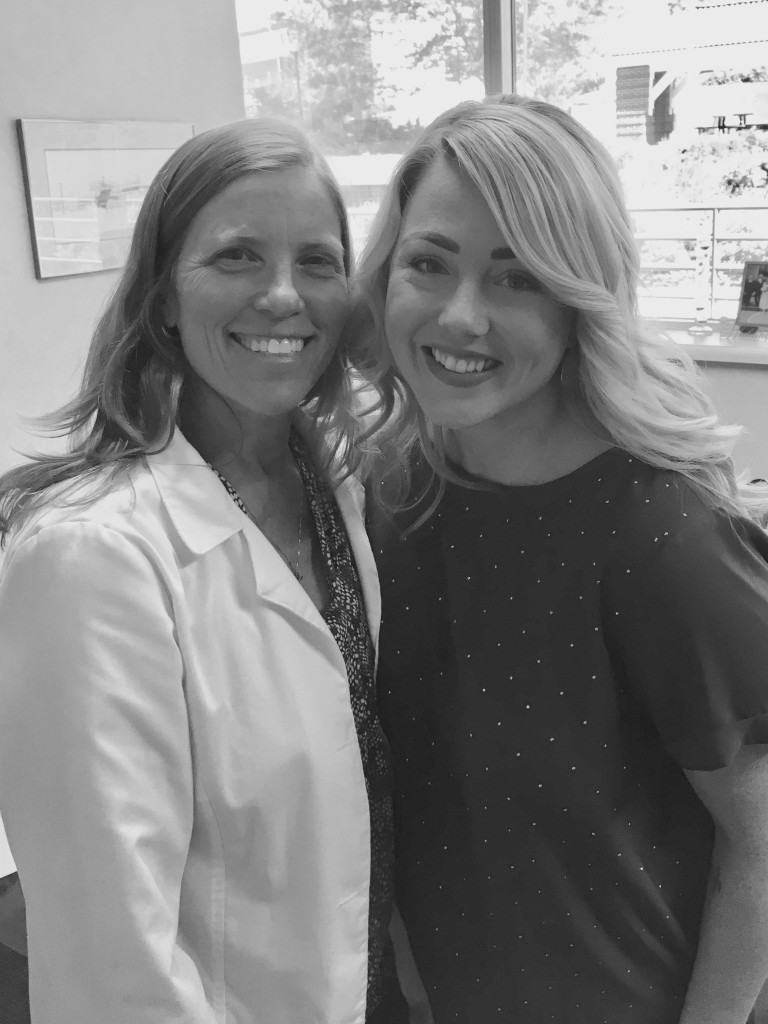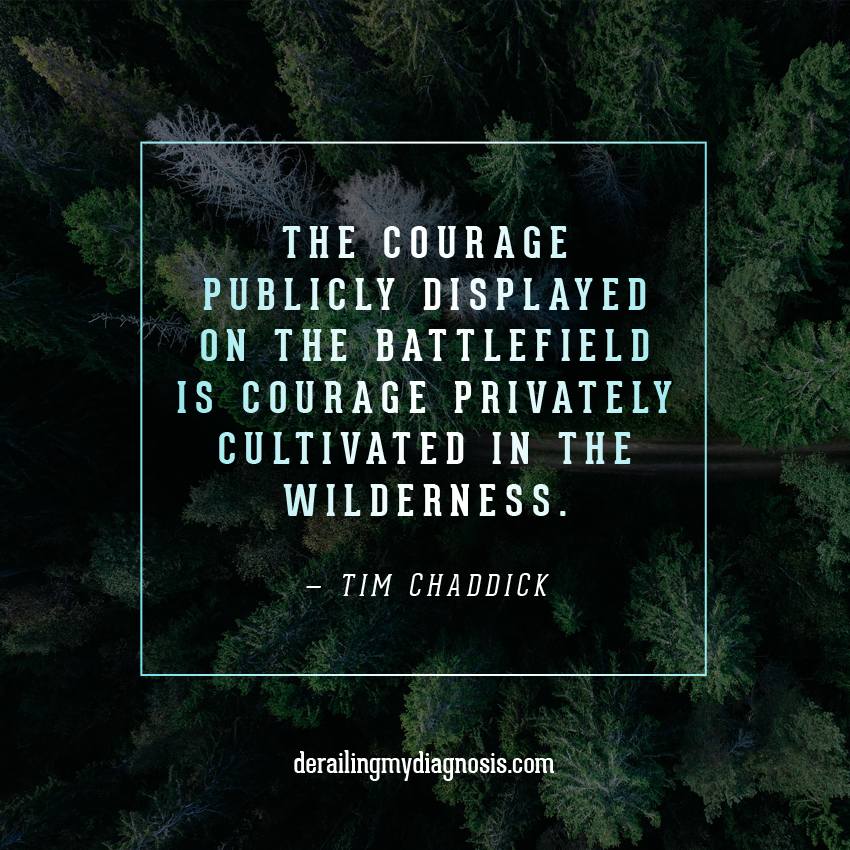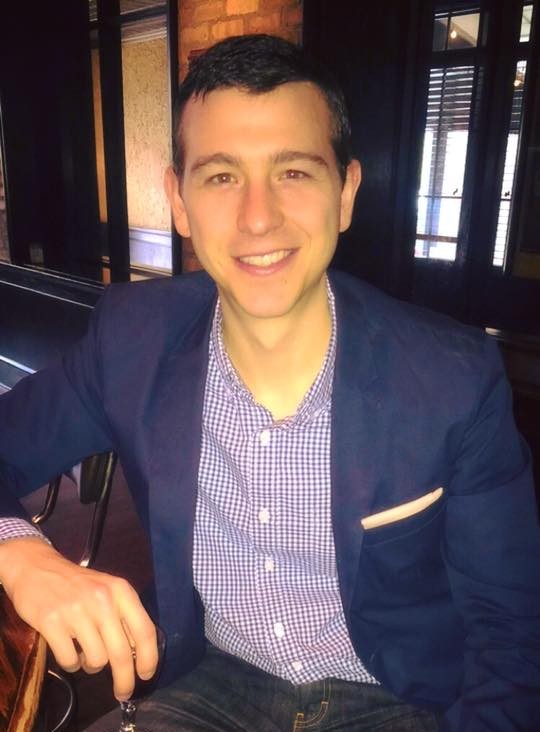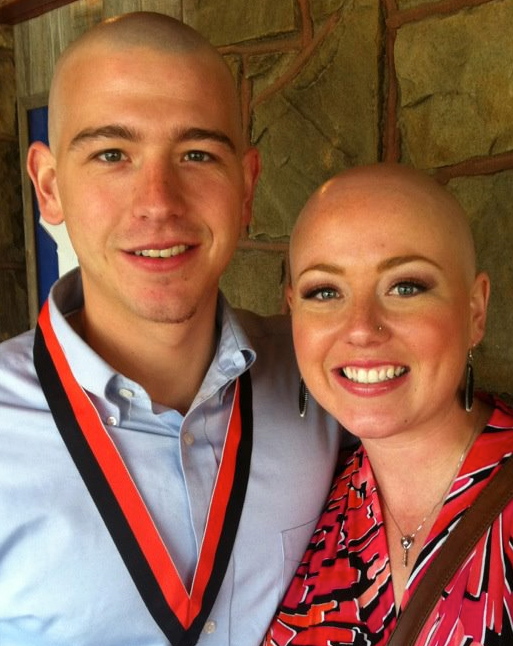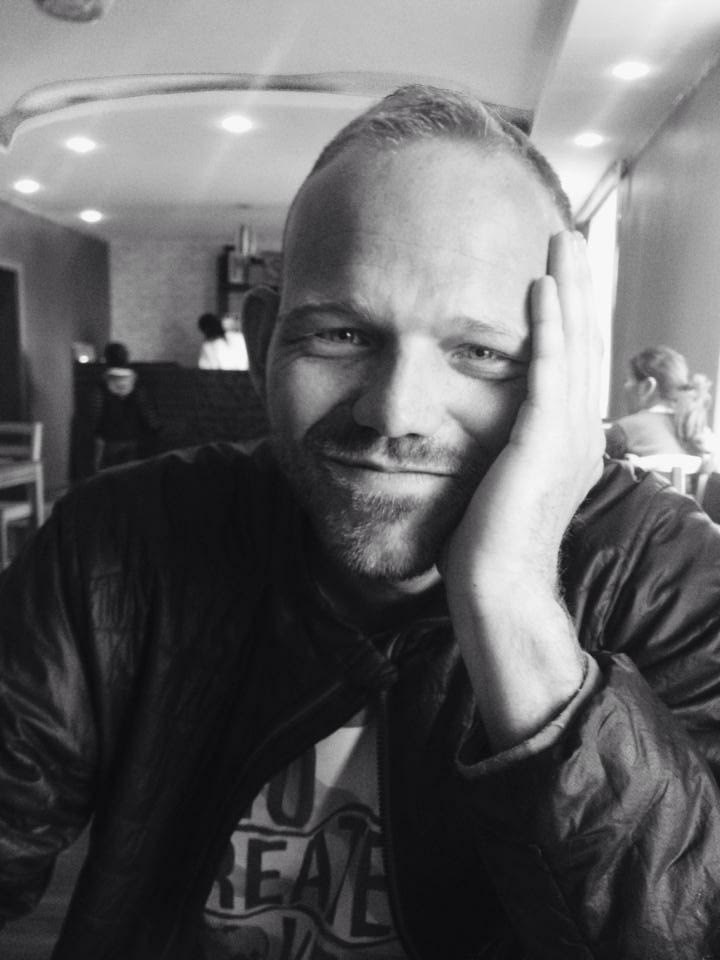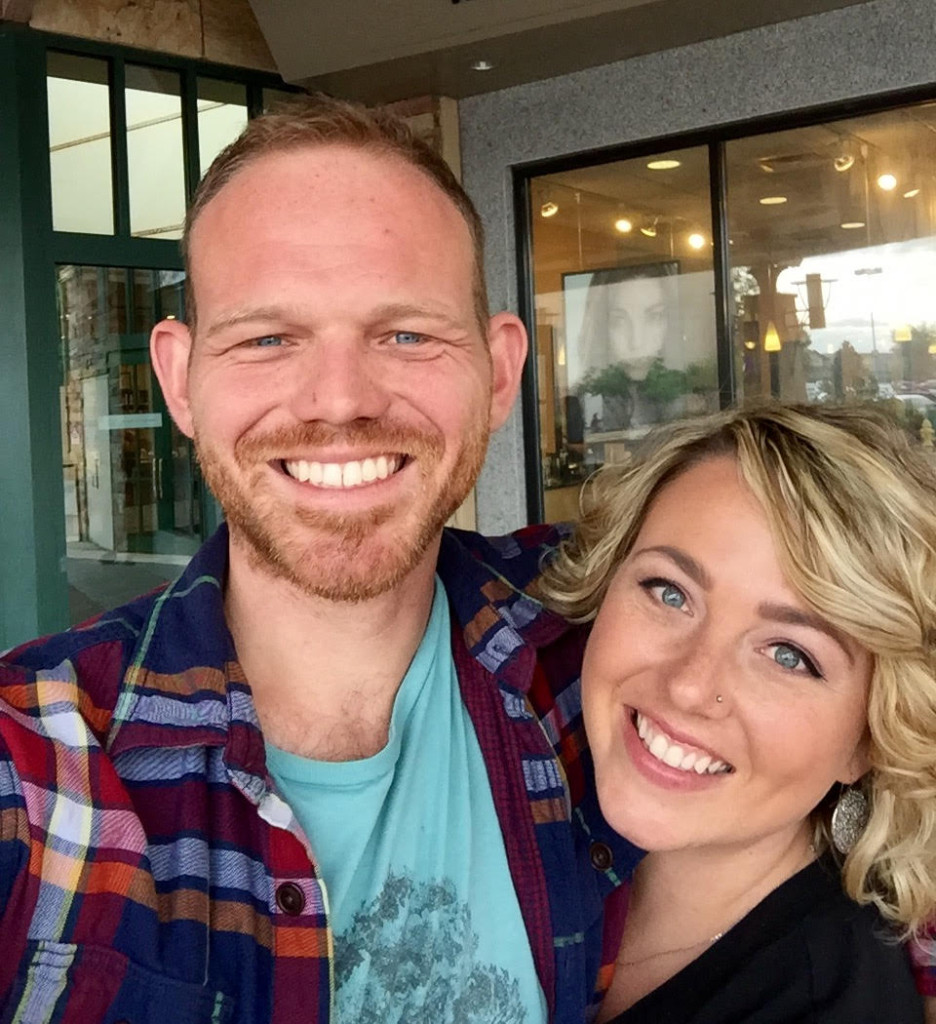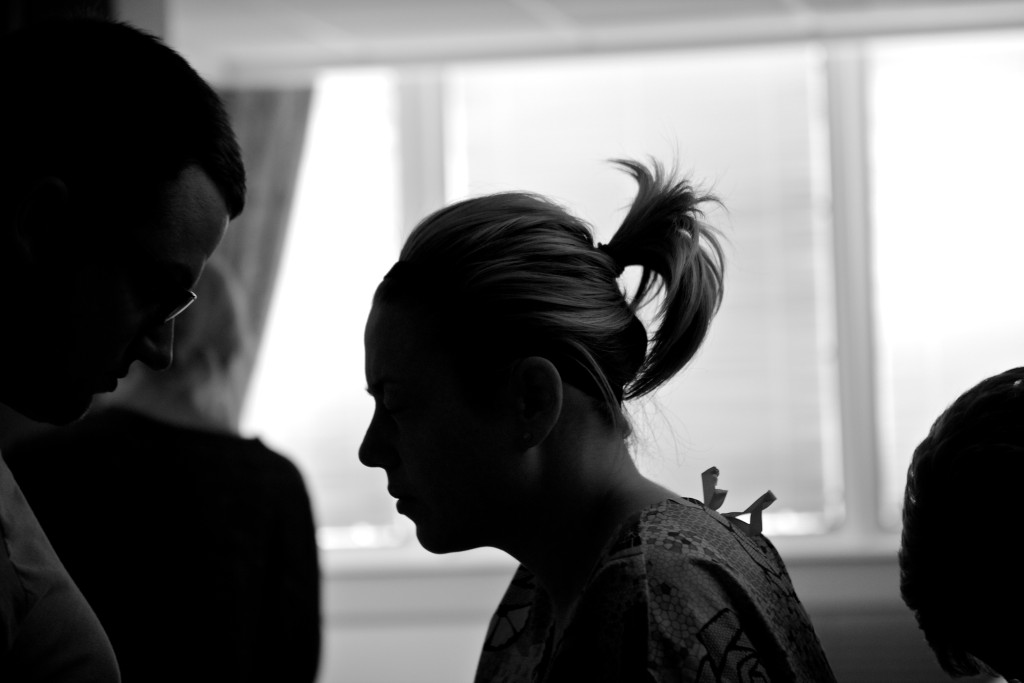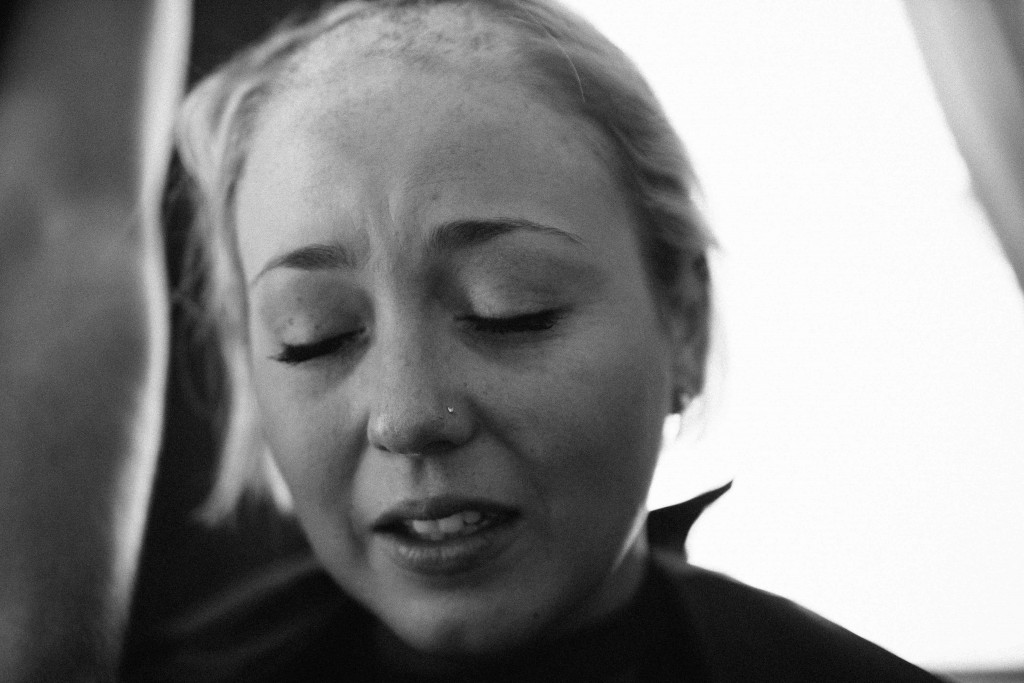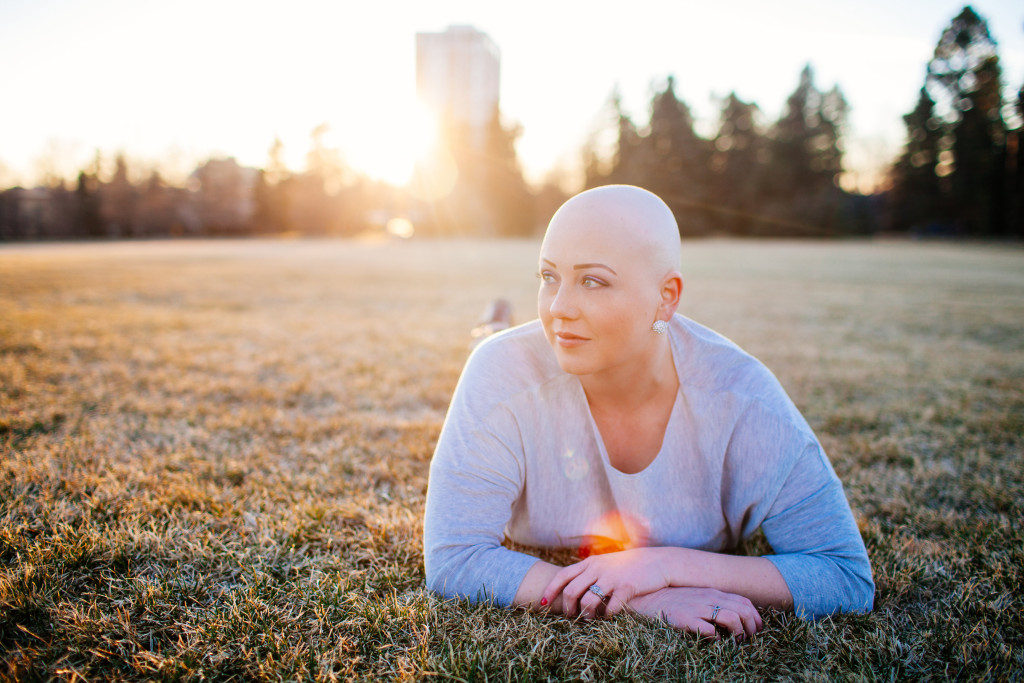
My heart sinks like a heavy weight in the bottom of my chest. My anxiety pushes through my body, stealing air from my lungs. My pulse quickens and my mind wanders. I don’t want to face this. I don’t want to talk about it. I’d rather lock it inside behind the smile on my face. Yet no matter how much I try to avoid the topic, it bubbles up in my throat like flaming lava searching for an exit. Though I don’t want to address it, I know I must.
The weight of survival is heavier than I was prepared for. Especially when not everyone has the opportunity to live. The guilt of life caused by the reality of death is piercing and painful and unexpected.
Grief has shown itself in different forms throughout my life. Sadness was expressed in anger when my parents divorced in my childhood. Fear was cloaked in avoidance when I was first diagnosed with cancer. And, most recently, guilt hid behind overwhelming and undefinable anxiety. I was anxious, yet unsure why. I felt lost though I knew where I stood. I was burdened by a sadness that haunted the hidden places of my heart. But I was alive and well, surviving, though confused about my sorrow.
Survivor’s guilt is something I knew nothing about prior to entering the gates of Cancerland. It’s a form of grief that I didn’t know existed until years after surviving an often fatal disease. Whenever I had heard the term “survivor’s guilt,” it was always in regards to soldiers returning from war or survivors returning from some form of disaster. I saw news highlights about people overcome with guilt that their fellow passengers did not survive the same accident that they had. Those who were buried in sorrow because they lived when others did not. Those angry, questioning “Why me?!” And here I am now, having survived a diagnosis that continues to claim the lives of thousands around me, sitting in the thick of survivor’s guilt for the very first time.
When I was first diagnosed with a very rare and aggressive, stage 3, metastatic, neuroendocrine cancer in 2012, I never asked why. I didn’t lie awake in bed at night wondering what I had done to deserve the sickness bestowed upon me. I didn’t question my life. I wasn’t angry. I wasn’t depressed. I was simply ready to live and willing to do whatever it took. My eyes were set forward, my posture strong.
During my fight against the third recurrence of my disease, my grandfather was diagnosed with a similarly aggressive type of cancer and ultimately succumbed to the diagnosis. And though I heavily grieved the loss of my dear Papa, survivor’s guilt never showed itself. When one of my close friends entered a surgery that I too had received, only to develop a blood clot and suddenly passed away on the recovery table, guilt never surfaced. I was terribly grief-stricken, but not guilty. With each day, month, and year that goes by, people around me, several of whom I was close with, have died from cancer. Though it wasn’t until the most recent loss of an incredible woman in our cancer community, I never experienced survivor’s guilt.
Melissa was a warrior. She was full of faith and proclaimed her powerful testimony each and every day. She spread hope like wildfire, offering a positive perspective to those of us who knew and loved her. She valiantly fought metastatic breast cancer even when it spread to her spine and brain. She continued to post encouraging messages on social media and consistently clung to Jesus. She was a light to us all. And then, days before Christmas, she took her last breath and left for Heaven.
I was paralyzed in grief. I couldn’t cry. I couldn’t think. I couldn’t be angry. I couldn’t put words to my feelings. While several friends around me posted thoughtful and heartfelt messages of remembrance of a life well lived and taken too soon, I retreated. In fact, when Melissa stopped posting as frequently on social media, so did I. It wasn’t fair. She beat cancer, it was never supposed to return. It wasn’t fair. I couldn’t find words to say. I felt guilty for being alive, for smiling, for laughing, for loving, for living. It wasn’t fair. I was guilty for surviving because she did not.
I am coming to understand that survivor’s guilt is purely an expression of grief. Guilt is birthed in our grief when we lose a loved one to something that we survived. Survivor’s guilt is the “Why me?” when we are cancer-free and they are not. Survivor’s guilt is the “If only…” when reflecting on our relationship with the one who has passed. If only I had talked to her more. If only I had prayed for her more. If only. Survivor’s guilt is feeling like you are wasting the chance you’ve been given. Survivor’s guilt is the burden of life amidst the reality of death. Survivor’s guilt is a comparison of their circumstance and your own. Survivor’s guilt is the “Should have” and “Could not.”
It’s easy to become enveloped in self-punishing thoughts and feelings of guilt. It’s difficult to face these emotions. But until we do, we dishonor the lives cut short. When I made the conscious effort to be still and listen to my feelings, I realized that being trapped in guilt does nothing but punish myself and diminish my own life. I had to step outside of my grief and understand that those we have lost would not want us to live a life buried by guilt and sorrow.
We are alive and we must live. For those who are not, cannot.
Matthew 5:4 (MSG)
“You’re blessed when you feel you’ve lost what is most dear to you. Only then can you be embraced by the One most dear to you.”


